Christine Sloan Stoddard, an American-Salvadoran author based in Brooklyn New York, tells stories in magical and hauntingly beautiful ways. Her topics, which often deal with women and their suppression within society, create real feeling characters and intense moments for her readers to resonate with. Her recent published book, Naomi and the Reckoning, is a firecracker of a novelette. With a mixed media vibe, Stoddard intertwines poems, artwork, and a short story that form a cohesive and memorable read.
0 Comments
In her memoir Sacred Groves: Or, How a Cemetery Saved My Soul, Kathleen Davies examines the concept of identity through the lens of a novice female professor. Through her experiences as an outcast and stepping into new territories, Davies finds her purpose in life—ironically in a Victorian graveyard. The cemetery magically holds parallel to her internal battles in ways that are enlightening and serve as a heaven on earth in a world full of uncomfortable encounters. Not only does her muse scream at her, surrounded by mesmerizing architectural beauties in nature, but she has a self-awakening among her observations. Told with poems, witty snippets from her journey, and photographs of headstones and mausoleums taken with her own camera, Davies breathes life into the inanimate statues and lifeless tombs, making the local graveyard her “feminine space,” almost like a garden. By describing such a serene place using textures and voiced appreciations, Davies not only provokes imagination for herself, but also for the reader. She remarkably navigates through the unknown and speaks her truth with such vulnerability, revealing that through suffering, humans often find hidden truths.
Genevieve Hudson captures the comfortable in the uncomfortable. Her collection of short stories, Pretend We Live Here, centers on characters looking for home in places, in people, in their own bodies. No matter where her characters roam, readers are confronted with the violence inherent to existence through her sharp-edged but haunting, sometimes even joyful, prose.
Lilith. Feminist icon. Biblical nightmare. And now, the subject of Julie R. Enszer’s latest poetry book.
Lilith’s Demons, Enszer’s third book, reimagines the infamous, ancient figure Lilith as a modern, empowered woman. Split into three parts, the book begins with poems from Lilith’s point of view, followed by a middle section narrated by her demons (all with their own unique name and personality), and finally, closing with a short section narrated by angels who are drawn to Lilith’s alluring power. Through the eyes of Lilith and her demons, Enszer crafts a beautiful and thought-provoking narrative of the modern issue of women’s oppression, and the punishment they receive.
There are some cravings that can last a lifetime. If there is any evidence of this, it can be read in Clementine von Radics’ poetry collection Mouthful of Forevers. These poems separately challenge the reader to look at how they define love and how they heal from it. They make us question whether or not love is just one thing, or a mangled mess of emotion. Von Radics begs us to be raw with ourselves, to explore the types of love the world has to offer, traditional or not. She teaches us that the type of love we learn is the definition of love we bring with us, the love we challenge.
|
Archives
July 2024
Categories
All
|
|
Glassworks is a publication of Rowan University's Master of Arts in Writing 260 Victoria Street • Glassboro, New Jersey 08028 [email protected] |
All Content on this Site (c) 2024 Glassworks
|

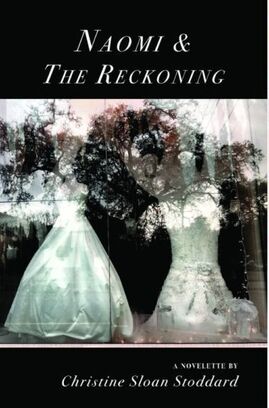
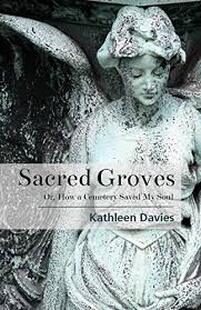
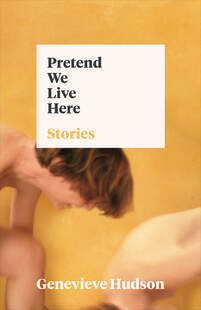
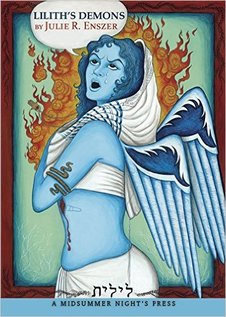
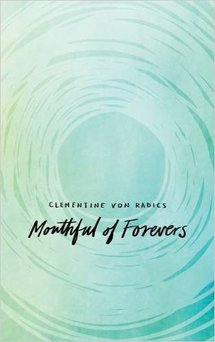
 RSS Feed
RSS Feed
